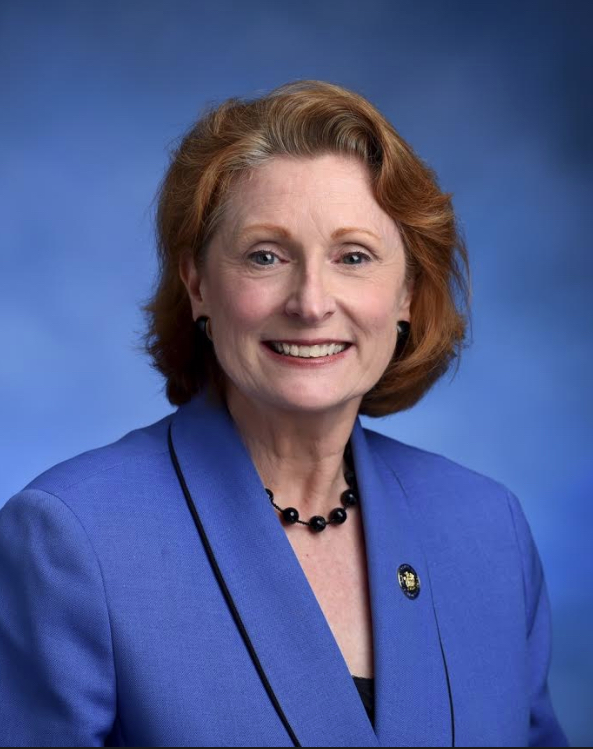OPINION: Protect community boards from establishment-ization
Vote “No” on Proposals 2 and 3

Civic life is one of our city’s greatest assets. By and large, New Yorkers care about their neighborhoods and many devote energy to participating in their community, whether through their civic associations, non-profits, churches, synagogues or mosques. Our neighborhood planning boards (community boards) play a key role in connecting the fabric of our neighborhoods and their residents to the city’s processes. Nevertheless, too few people know about them or participate. The answer to a lack of public participation is to encourage more participation. The key is to encourage and support, not supplant. Unfortunately, two of the charter revision questions on the November 6th ballot are dressed up to look like support, but in reality, supplant the public’s participation.
These proposals would substantially alter the way the city’s 59 local community boards function, by term-limiting their members (Proposal 3) and changing who supplies them with the resources, assistance and training needed to perform their functions (Proposal 2). The proposals are intertwined so that the discussion feels circular, and indeed that seems to be the intent. Both proposals spring from a false assumption and hinge on each other.

Brooklyn Boro
View MoreNew York City’s most populous borough, Brooklyn, is home to nearly 2.6 million residents. If Brooklyn were an independent city it would be the fourth largest city in the United States. While Brooklyn has become the epitome of ‘cool and hip’ in recent years, for those that were born here, raised families here and improved communities over the years, Brooklyn has never been ‘uncool’.